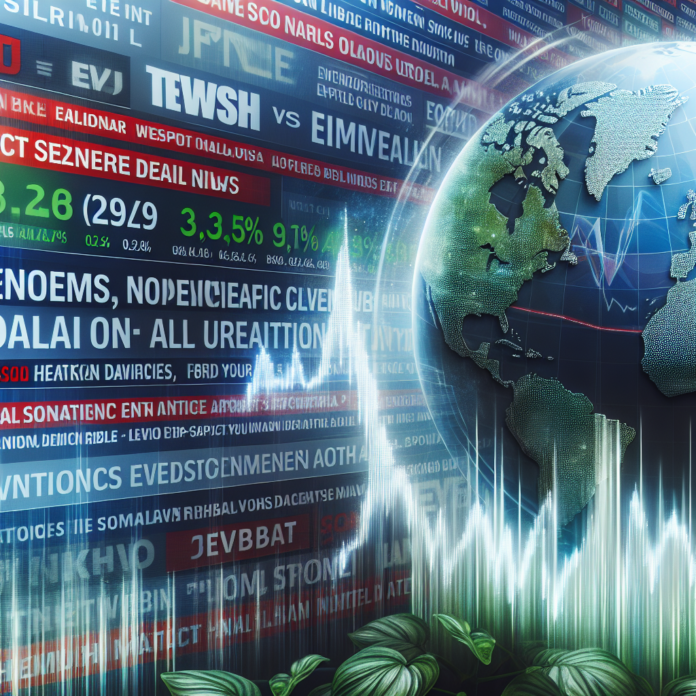The stock market is not only a reflection of economic performance but also a barometer of political sentiment and stability. Political events, both domestic and international, can have a profound effect on the Dow Jones Industrial Average (DJIA), one of the most closely watched stock market indexes globally. Understanding this influence is crucial for investors aiming to anticipate market volatility and make informed decisions.
Political Decisions and Market Reactions
When political decisions impact the regulatory environment, international trade, or economic policy, they can cause significant swings in the Dow Jones. For example, when a new tax reform is announced, it could affect corporate profits and, in turn, investors’ attitudes toward the market. Similarly, a shift in foreign policy might alter the landscape for international companies within the Dow, affecting import and export dynamics.
Elections and Policy Uncertainty
Election cycles are particularly volatile periods for the Dow Jones. Uncertainty about the policies of potential new leaders can lead to cautious trading and increased market sensitivity to political news. The policies proposed by candidates concerning taxation, government spending, and regulation are all critical factors that influence investor sentiment. Websites like Politico (https://www.politico.com) offer deep dives into election coverage and policy analysis that can give context to market movements.
Geopolitical Crises and International Relations
Geopolitical crises, such as military conflicts, terrorism, or trade wars, can create instability and concern among investors, often leading to downturns in the Dow as a risk-off mentality takes hold. Conversely, the resolution of such crises or successful negotiations can restore confidence and push the market higher. Real-time updates and analysis from global news outlets like Reuters (https://www.reuters.com) help investors track these potentially market-moving events.
Central Bank Policies and Fiscal Stimulus
The actions of central banks like the Federal Reserve can greatly influence the Dow Jones. Interest rate decisions, monetary easing, or tightening, and quantitative easing all play a role in market liquidity and can either boost or dampen market activity. Similarly, fiscal stimulus packages or austerity measures can lead to notable shifts in investor behavior. For up-to-date information on central bank activities, investors can visit The Financial Times (https://www.ft.com/central-banks).
The Role of Political Stability
Political stability, or the lack thereof, also impacts the Dow Jones. Stable governments are often seen as a positive for market sentiment, as they suggest continuity and predictability in policy-making. In contrast, political turmoil or government shutdowns can unnerve investors, leading to increased volatility. For insights into political stability and its market effects, the Council on Foreign Relations (https://www.cfr.org) provides useful resources and analyses.
In Conclusion
Investors who keep a keen eye on political events and incorporate them into their market analyses can often navigate the associated volatility of the Dow Jones more successfully. While reactive trading to every political headline is not advisable due to the risk of overreacting to ‘noise,’ being aware of significant political developments is crucial. An understanding of the broader political landscape can help investors discern short-term market noise from truly impactful events likely to induce lasting changes in the market trajectory. Such informed insights are essential for long-term investment strategies and maintaining a balanced portfolio in the face of political ebb and flow.




 AGF-B.CO
AGF-B.CO